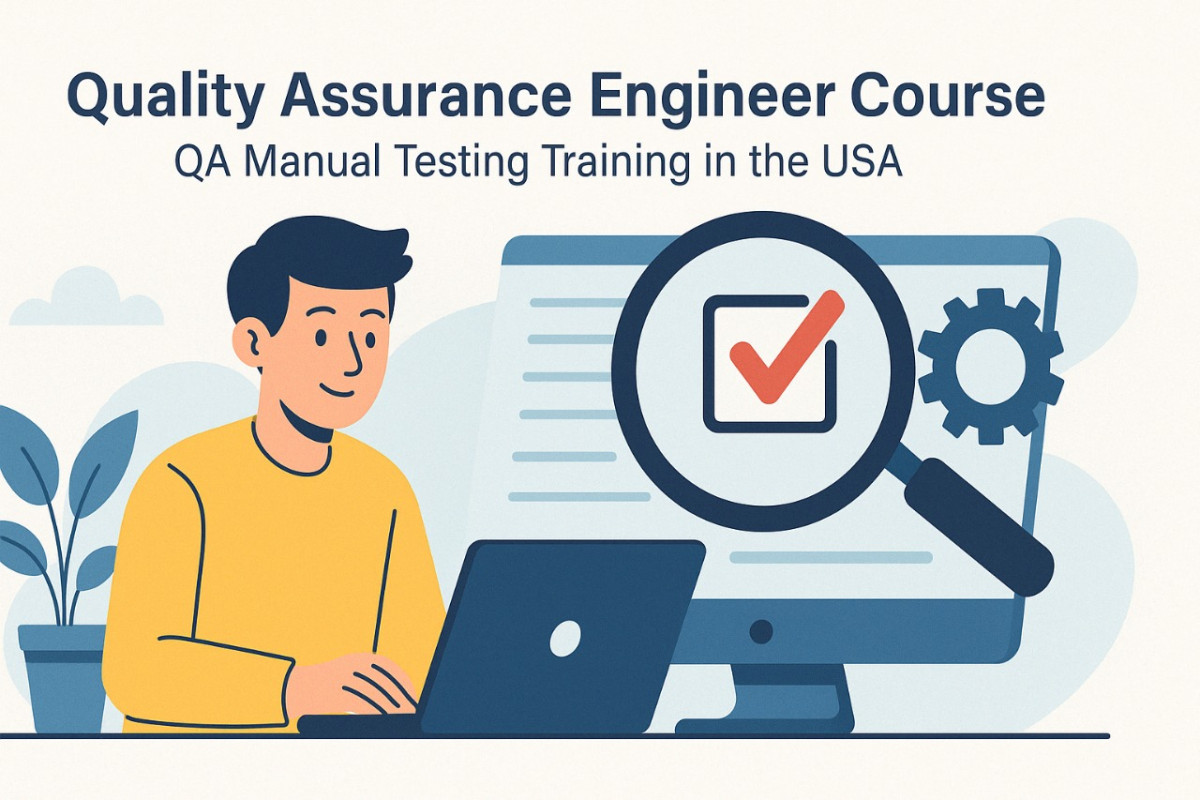- Sep 28, 2024
Introduction: In the ever-growing IT industry, Quality Assurance (QA) professionals play a vital role in ensuring the delivery of high-quality software products. With the rise of digital transformation across industries, QA careers are in demand more than ever. In this blog, we’ll explore various job roles, the skills required, and the bright prospects of a career in QA.
1. Why QA is a Growing Field? The increasing complexity of software systems and the growing emphasis on delivering flawless user experiences make QA crucial. As companies prioritize customer satisfaction, they are investing heavily in QA teams to ensure their products meet high standards.
2. Common QA Job Roles
- QA Analyst: Responsible for developing test plans, executing tests, and reporting defects.
- QA Engineer: Focuses on building testing frameworks, automating tests, and ensuring the quality of code.
- QA Automation Engineer: Specializes in writing scripts and using tools to automate the testing process, speeding up test execution.
- Performance Tester: Ensures that applications perform well under different conditions, such as load testing.
- Security Tester: Focuses on finding vulnerabilities and ensuring that the software is secure.
- Test Manager: Manages the entire QA process, coordinates testing activities, and leads a team of testers.
3. Essential Skills for QA Jobs
- Attention to Detail: QA professionals must be detail-oriented to identify issues that could affect user experience.
- Technical Knowledge: Understanding programming languages, databases, and tools for both manual and automated testing is essential.
- Analytical Thinking: Being able to analyze the root cause of issues and predict potential areas of failure.
- Communication Skills: Effectively reporting bugs, communicating with developers, and ensuring proper documentation.
- Problem-Solving: QA professionals need to think critically about how to break software and test it from various angles.
4. Educational Background While a degree in computer science or related fields is often preferred, many QA roles are accessible to individuals with certifications such as:
- ISTQB Certification: An internationally recognized certification in software testing.
- Certified Software Quality Analyst (CSQA): Focuses on the fundamentals of software quality assurance.
- Certified Software Tester (CSTE): For professionals looking to deepen their understanding of software testing.
5. The Future of QA Jobs As businesses continue to adopt agile development methodologies, the demand for QA professionals is expected to increase. Automation is also transforming the field, creating new opportunities for those skilled in automated testing and AI-driven testing tools.
6. How to Start a Career in QA
- Get Trained: Consider taking specialized courses in manual and automated testing.
- Build a Portfolio: Work on sample projects to showcase your testing skills.
- Apply for Entry-Level Positions: Look for roles such as QA Tester, QA Analyst, or Junior QA Engineer.
- Stay Updated: Continuously update your skills by learning new tools and methodologies in the evolving QA landscape.
Conclusion: The QA field offers diverse career opportunities, from entry-level positions to more specialized roles like automation and performance testing. With the right skills, education, and certifications, you can build a rewarding career in Quality Assurance.


